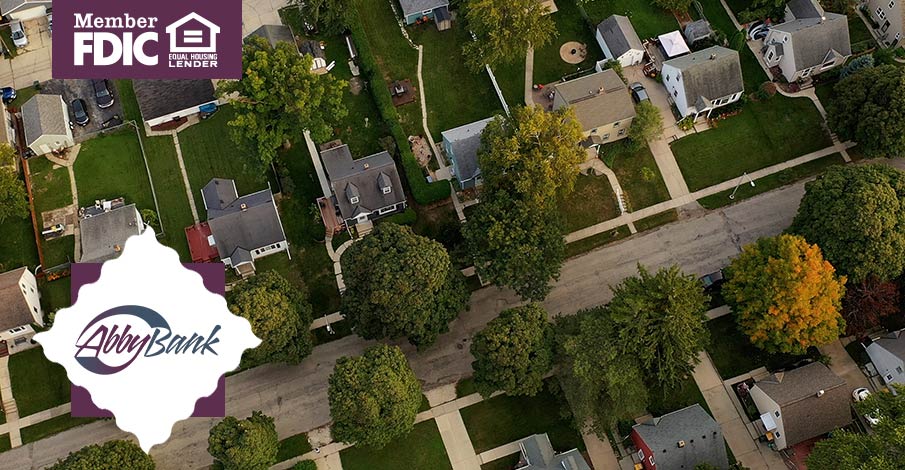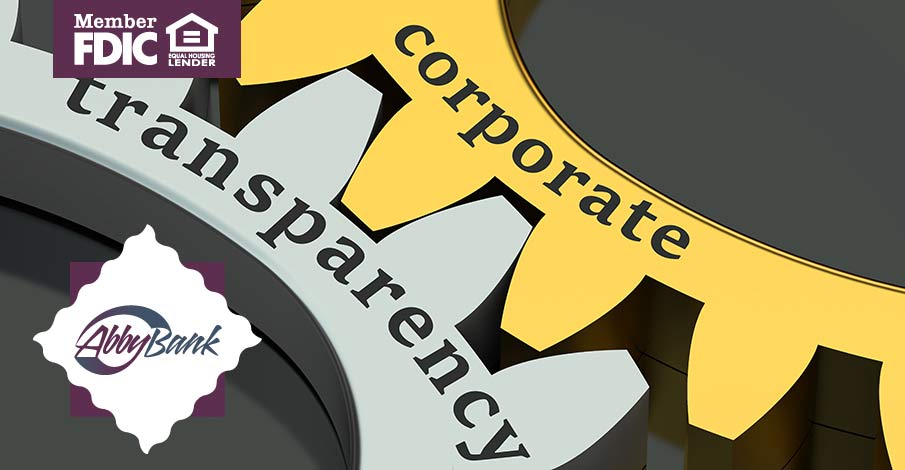Housing Costs
Housing is often the most significant monthly expense for most people. In Wisconsin, the cost of housing varies by location but is generally 11% lower than the national average. The average home value is around $262,652, with rent for a one-bedroom apartment in the city center averaging $1,168 and a similar apartment outside the city center costing about $957.
Utilities
Monthly utility costs for a standard household in Wisconsin average around $395. This includes electricity, heating, water, and garbage services. Internet plans with speeds of 50 Mbps or more cost about $65.70 per month.
Food and Groceries
Grocery expenses can vary based on dietary preferences and shopping habits. On average, a monthly grocery bill for one person is approximately $385. Dining out is also a popular option, with the average cost of a lunch menu around $15.90 and a dinner for two costing about $66.70.
Transportation
Transportation costs depend on your mode of travel. A local transport ticket costs around $1.99, while a monthly pass averages $61.80. For those who drive, the average price of gas in Wisconsin is $3.33 per gallon, which is slightly below the national average of $3.52 per gallon.
Healthcare
Healthcare costs are an important consideration, especially for families and the elderly. A standard doctor’s visit can cost around $163, and it’s advisable to have health insurance to cover unexpected medical expenses. Additionally, an HSA (Health Savings Account) can be a valuable tool for those with high-deductible health plans to manage healthcare costs. An HSA allows you to save pre-tax dollars for medical expenses that can help provide a financial cushion for health-related costs. If you are interested in learning more about HSAs, please visit AbbyBank's Health Savings Account page.
Miscellaneous Expenses
Other costs to consider include clothing, personal care, entertainment, and fitness. For example, a gym membership averages $49 per month, and a cinema ticket is about $12.90.
Salary and Employment
Wisconsin offers a cost of living that is slightly below the national average, making it an attractive option for many. By understanding the breakdown of expenses, residents and newcomers can better plan their budgets and enjoy all that Wisconsin has to offer.
If you’re considering a career at AbbyBank, we encourage you to explore the current openings on our career page. Whether you’re a seasoned professional or just starting your career, AbbyBank offers a range of positions that might be the perfect fit for you.
At AbbyBank, we understand that navigating the cost of living in Wisconsin is a crucial part of your financial journey. That’s why we offer tailored banking solutions to help you manage your finances, whether you’re saving for a home, budgeting for daily expenses, or planning for the future. With our competitive mortgage rates, comprehensive account services, and personalized financial advice, we’re committed to supporting the financial well-being of our Wisconsin community. Join us at AbbyBank, where your financial goals become our mission.





